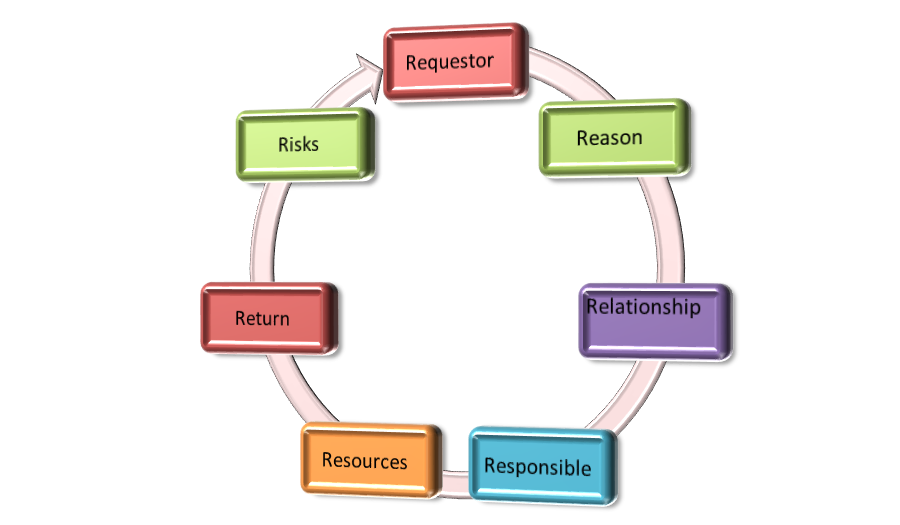Ipswich is county town of Suffolk in England. It is located on the estuary of the River Orwell that is 97 km northeast of London. Ipswich has one of the most important ports of the England.
History
Roman Settlement
Ipswich is one of the oldest towns in the England. Under the age of the Romans Empire, the part around the Ipswich formed a route from inland to rural towns. A huge Roman Fort that is part of coastal defences of Britain stood at Walton near Felixstowe.
21st Century:
Ipswich has experienced recreation and a redevelopment programme, principally around the waterfront. Though this has curved a former industrial dock area into a developing residential and commercial centre. The completion was the expenditure of much of the town's industrial and maritime custom and in spite of determinations made by a local civic group i.e The Ipswich Society. Much of this growth is residential, advertised to prosperous DINKs.
Culture
Ipswich is home to several artists and several galleries. The most prominent one was Christchurch Mansion in Ancient House and the Artists' Gallery in Electric House. The visual arts are then maintained with many monuments. The Borough Council endorses the formation of new public works art and has been recognised as to make this a condition of planning permission. The town has three galleries - Christchurch Mansion, and the Ipswich Transport Museum.
Government
Two-tier Council system administers the Ipswich. It's Borough Council accomplishes district council functions like refusing collection, housing and planning. Suffolk County Council offers the county association services such as education, transport, and social services.
The town is protected by two governmental communities. One is Ipswich, which includes about 75% and, as of June 2015, is represented by Conservative MP Ben Gummer. Other is Central Suffolk and North Ipswich, which covers the remaining 25% and is represented by Conservative MP Daniel Poulter.
Industry
As it is the country town of the Suffolk, industry has a strong agricultural bias with Ransomes, Sims and Jefferies Ltd around it. In 1902, the world's first commercial motorised lawnmower was manufactured by the Ransomes. They are a major manufacturer of railway parts during 1869 to 1987. There was a sugar beet factory at Ipswich for a long time but was shut in 2001.

 ENQUIRE
ENQUIRE
 REQUEST CALLBACK
REQUEST CALLBACK
 GET A FREE QUOTE
GET A FREE QUOTE


 Introduction
Introduction Course Details
Course Details Course Content
Course Content





 London
London